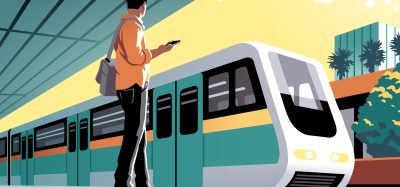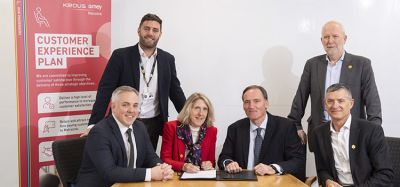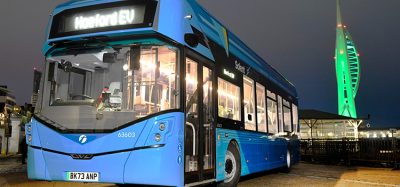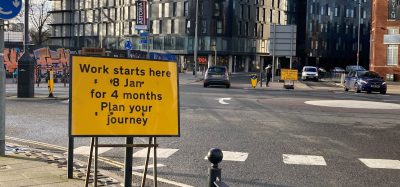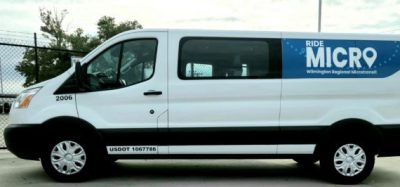U.S. cities come together to create mobility management plan
- Like
- Digg
- Del
- Tumblr
- VKontakte
- Buffer
- Love This
- Odnoklassniki
- Meneame
- Blogger
- Amazon
- Yahoo Mail
- Gmail
- AOL
- Newsvine
- HackerNews
- Evernote
- MySpace
- Mail.ru
- Viadeo
- Line
- Comments
- Yummly
- SMS
- Viber
- Telegram
- Subscribe
- Skype
- Facebook Messenger
- Kakao
- LiveJournal
- Yammer
- Edgar
- Fintel
- Mix
- Instapaper
- Copy Link
Posted: 26 June 2019 | Eve De Clerk - Intelligent Transport | No comments yet
The Open Mobility Foundation (OMF), formed by cities from across the U.S. seeks to improve transportation across the country with open data sources.
Cities across the U.S. – Austin, Chicago, Los Angeles, Louisville, Miami-Dade County, Miami, Minneapolis, New York City DOT, New York City Taxi and Limo Commission, Philadelphia, Portland, San Francisco, San Jose, Santa Monica, Seattle, and Washington, D.C. – have come together to form the Open Mobility Foundation (OMF). In doing so they aim to improve transportation around their cities by improving infrastructure with the assistance of real-time data sharing.
e-scooter firm, Bird have also stated that they will join the foundation as a founding member of the organisation; Bird Chief Policy Officer, David Estrada, said: “Working collaboratively with cities, we can design and implement responsible tools to improve everyday transportation for residents and visitors while integrating with modernised city transit management. Our investment in the success of OMF is just one of many examples of an ongoing commitment to partnering with cities to help make their transportation, environmental and equity goals a reality.”
NewCities Founder and Chair, John Rossant, commented: “The Open Mobility Foundation is meeting a critical need for cities across the country during a time of profound disruption in transportation. As urban communities begin to be impacted by new modes of mobility and technology, we need to ensure that the solutions we create are smart, safe, and equitable – and that we’re ultimately building a better urban future for all.”
The OMF will chiefly focus on the Mobility Data Specification (MDS), which was originally launched in LA; the data informs mobility service providers about a variety of data such as how many vehicles are in use or where vehicles are at all times. This means that cities can respond to the real-time data quickly and act accordingly.
The MDS system is the hard work of Seleta Reynolds; Reynolds told The Verge: “That business model, where on-demand mobility is available through your smartphone, the form factor is going to keep changing. It’s going to be a scooter, it’s going to be a pod, it’s going to be a jetpack, it’s going to be whatever it’s going to be… one of the core pieces of MDS is how do you build something that can work for whatever the next device is, whether it’s something that moves on the ground or in the sky?”
Related topics
Fleet Management & Maintenance, Infrastructure & Urban Planning, Intelligent Transport Systems (ITS), Mobility Services, Multimodality, Sustainable Urban Transport, Transport Governance & Policy, Vehicle & Passenger Safety
Related modes
Bikes & Scooters
Related cities
North America
Related organisations
Bird, NewCities, Open Mobility Foundation (OMF), The Verge
Related people
David Estrada, John Rossant, Seleta Reynolds



